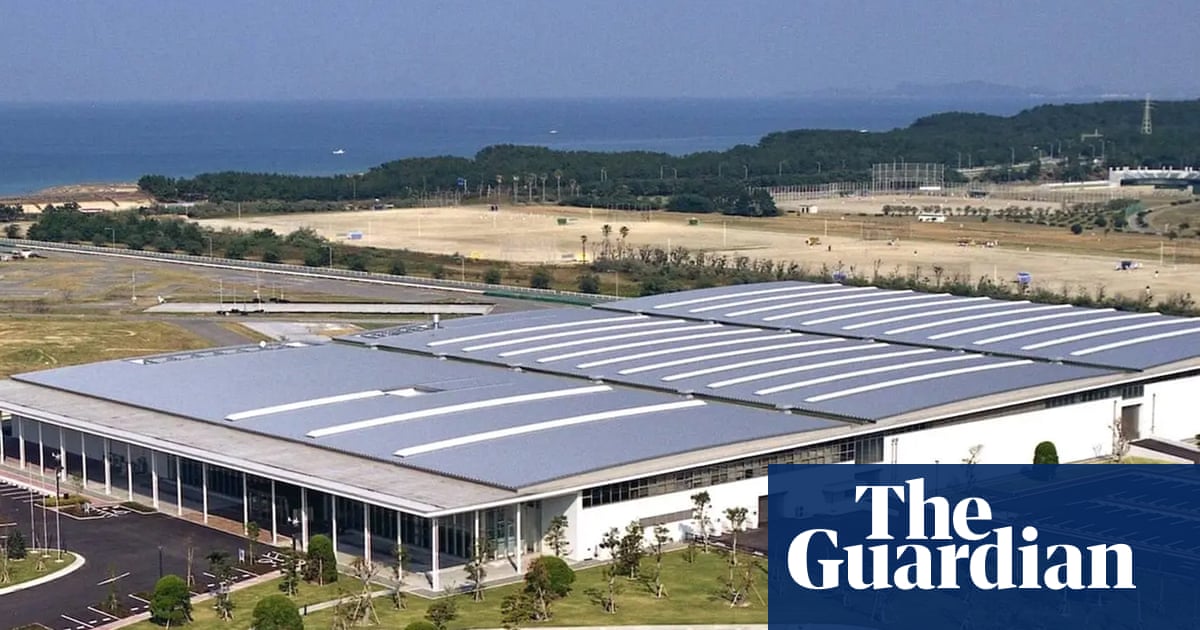It’s not -a lot- of electricity … a couple of thousand kWh per day. It’s also used to de-salinate ocean water … of which there’s plenty.
Combine salt and water to create electricity to power a desalination plant that removes salt from water. I am sure there is more to it, but the article sounds like it’s one of those mad perpetual free energy schemes that defy the laws of physics.
They are just re-capturing some of the energy the system spent turning salt water into fresh. Because that results in extremely salty brine water waste, you can get some energy as it gets diluted back down to sea water concentration.
There no “new” energy in the system, it’s just wasting less.
If they’re mostly using electricity or even combustion to evaporate the water (as opposed to sunlight), there’s no chance that the concentrated saltwater creates more electricity than it costs - it’s only maybe useful if the saltwater is actually a waste product.
They’re using brine from a reverse osmosis plans and wastewater, so yes, that is indeed the case.
Far cry from “perpetual free energy scheme”, though.
I don’t think anyone claimed it was.
It’s the misleading “generated” electricity headline. It just re-captures some of the spent energy to be slightly more efficient.
Right. So it’s 100kW output, which is almost enough to pull the skin off a rice pudding. It also uses the brine from a desalination plant, so it’s basically salinating fresh water to get some of the power back that was taken to desalinate it.
As a means of power production, it seems a bit pointless.
It generates 880.000kWh/year, where I live that enough for 180 families (2 adults, 2 kids) with an average consumption in a house, and almost 350 in apartments. That’s not an insignificant amount IMO.
Doesn’t sound all that economical compared with other energy sources. It probably needs to be compared to longer-term energy storage solutions that don’t rely on geography like hot sand, the possibility to store the energy source (concentrated salt water) relatively cheaply is the most interesting part about it.
The upside is getting power from an otherwise waste-product. Yes it’s low output compared with traditional turbine-driven power plants, but that doesn’t mean in should be disregarded. Sure it’s not applicable everywhere, but neither is hydro or geothermal. After all, why not use the geography of your location to your benefit? Not everywhere needs to get power in the exact same way, and what’s most feasible is highly dependent on location.
Concentrated salt water might be a waste product, but the plant was built on purpose. How long does it need to operate before the costs amortisize? Even if we’re looking at greenhouse gases, most building materials aren’t exactly climate-friendly - concrete in particular is a huge emitter of greenhouse gases.
The people who designed built the plant probably calculated all this, but the article doesn’t go into it and with novel technologies like this, it’s generally not safe to just assume that a given plant makes any economical or environmental sense.
While I agree that the cost of operation and yield are a valid concern, the same argument could have been used against renewable energies like wind and solar only 30 to 40 years ago.
The price of these energy sources has come down a lot since, for a large part thanks to the modern day widespread use. We have a lot of experience generating power this way which drives down cost, and increases yield.
Novel techniques like the one described in the article don’t yet benefit from that experience and scale. And if we don’t try new things every now and then they never will.
That is not to say all novel techniques will be equally fruitful, but if you don’t occasionally try new things you will never learn.
Edit: Misspelled “energy” as “energie”
Fair point.





